
Thankfully, ovulation tests are not the only way to determine when your ovulation takes place and I warmly recommend using these tests in combination with some other methods to predict your most fertile days. Using an ovulation calendar to work out the approximate date of your fertile days is great, but there are even more simple ways to work out when you might be ovulating. Though they don't apply to each and every woman, many of us do get signals from our own bodies to tell us that we are experiencing ovulation. To recognize ovulation, every woman should pay attention to her body. Some get "ovulation pains" or light cramping, some even get some bleeding, and others know when they are ovulating by studying their cervical mucus.
If you are experiencing one of the signs of ovulating, that is a great time to take an ovulation test. But if you are not one of those women who can recognize their ovulation, it is a good idea to start testing a few days (three or four, depending on your preference) before you expecting your ovulation, based on an ovulation calendar's data or previous menstrual cycles. There is certainly no need to test every day for two weeks if you really want to be overly cautious and make sure you catch your ovulation, you can start testing a week after your period ends.
- www.nhs.uk/common-health-questions/womens-health/how-can-i-tell-when-i-am-ovulating/
- medlineplus.gov/ency/article/007062.htm
- Photo courtesy of youtube screenshot by Wikimedia Commons: i.ytimg.com/vi/U3FGyTxpou8/hqdefault.jpg




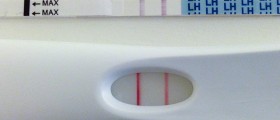


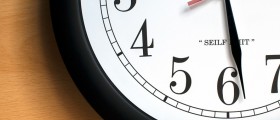
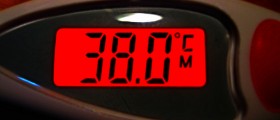
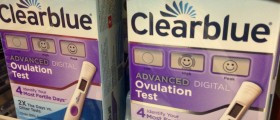
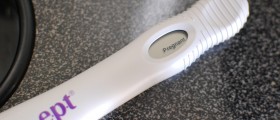



Your thoughts on this
Loading...